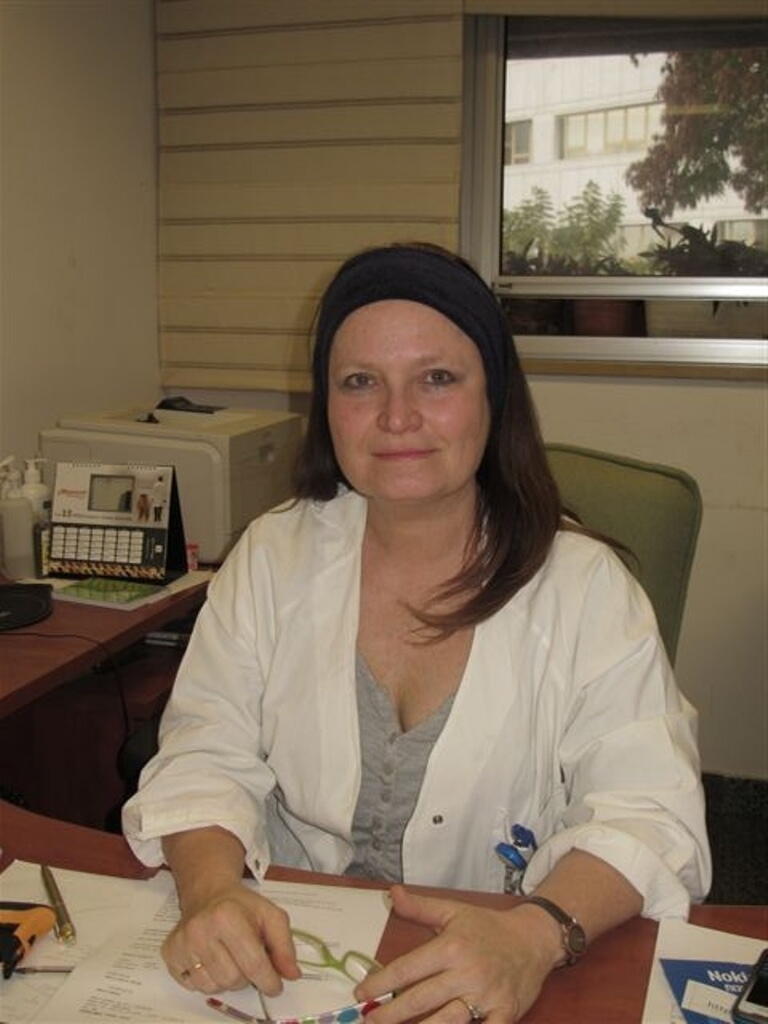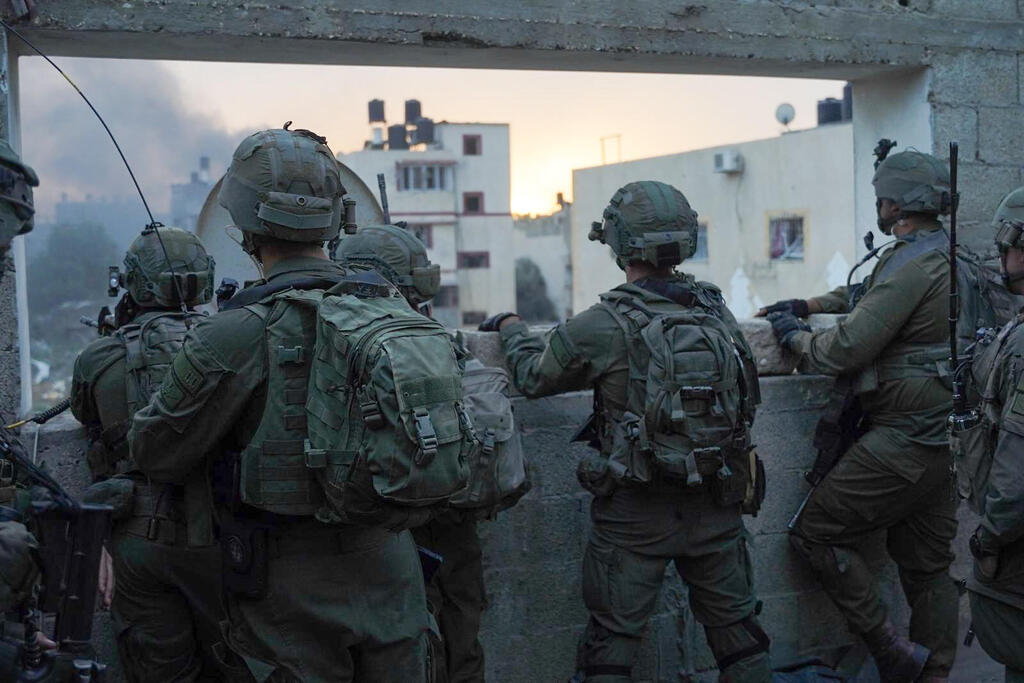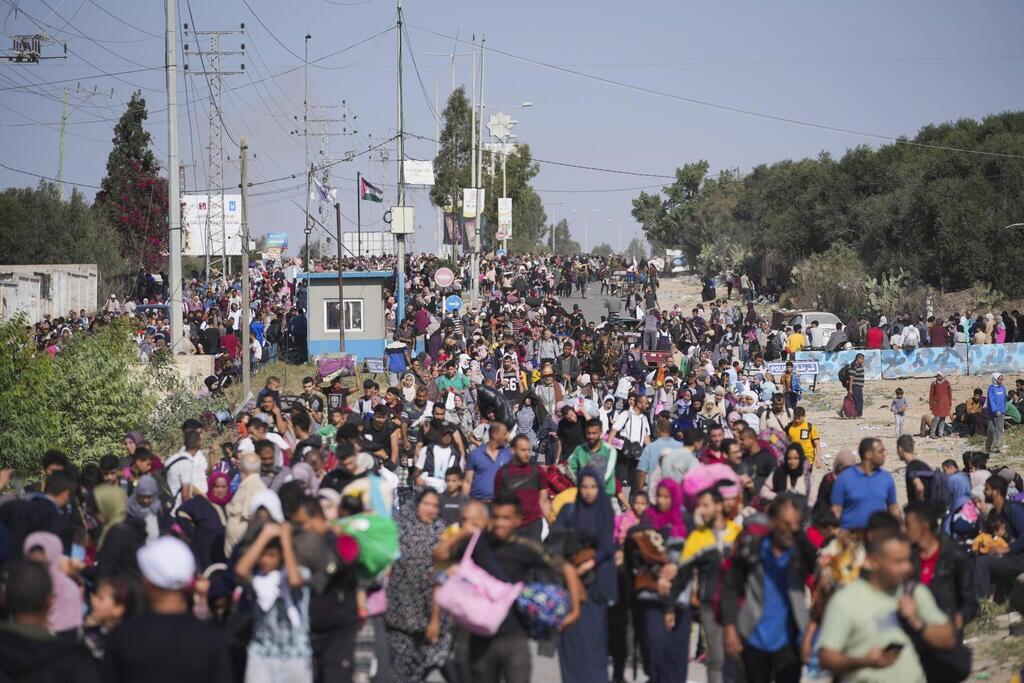An IDF soldier has died after contracting a deadly fungal infection in the Gaza Strip, public broadcaster Reshet Bet Radio reported Tuesday morning.
Read more:
According to the report, the soldier was admitted to Samson Assuta Ashdod University Hospital with severe limb injuries and was found to have contracted a drug-resistant fungus during combat.
Despite doctors employing every available treatment, including experimental options from overseas, and consulting numerous experts, he eventually succumbed to the infection.
At least 10 other soldiers reportedly suffered similar infections, likely stemming from soil contaminated with sewage.
Prof. Galia Rahav, head of the Infectious Disease Unit and Laboratories at the Sheba Medical Center, told Ynet several different types of antibiotic-resistant fungi and bacteria have been diagnosed in soldiers with limb injuries.
"We know there are highly resistant bacteria in Gaza," she said. "We know this from previous studies we've conducted with local doctors, and we've seen bacteria like these from children transported to Israel from Gaza for medical treatment."
A significant portion of the infections found in wounded soldiers are also occasionally detected in Israel. However, they are found in individuals who were exposed to these bacteria during hospitalization and not beforehand.
"Here, we see it in soldiers returning directly from the battlefield," Rahav says. "Contact with the soil and mud there leads to exposure to such resistant bacteria, as well as to fungi."
Another increasingly common phenomenon, unfamiliar from previous wars, is a significant rise in fungal infections likely stemming from the ground. These involve molds typically not seen in field conditions but rather after prolonged hospitalization.
Global concern for the humanitarian situation in the Gaza Strip arises not only regarding food and shelter but also from a deteriorating sanitary condition that could lead to various types of infections.
A recent UNICEF report found that children in the southern part of the enclave receive only about 1.5 to 2 liters of water per day, significantly less than the recommended 3 liters. The global standard is 15 liters per day per person to meet the needs for drinking, bathing and cooking.
3 View gallery


Prof. Galia Rahav, head of the Infectious Disease Unit and Laboratories at the Sheba Medical Center
Although Israel has urged Palestinian civilians in Gaza to head toward the Rafah crossing, including distributing leaflets warning of impending aerial strikes, hundreds of thousands remain trapped in the area, nearly half of whom are children.
Health officials, including those from the World Health Organization, have noted a surge in diarrhea cases among children under five, with up to 20 times more cases reported monthly. Additionally, approximately 160,000 cases of respiratory infections have been diagnosed, along with numerous instances of chickenpox, lice and various skin infections.





